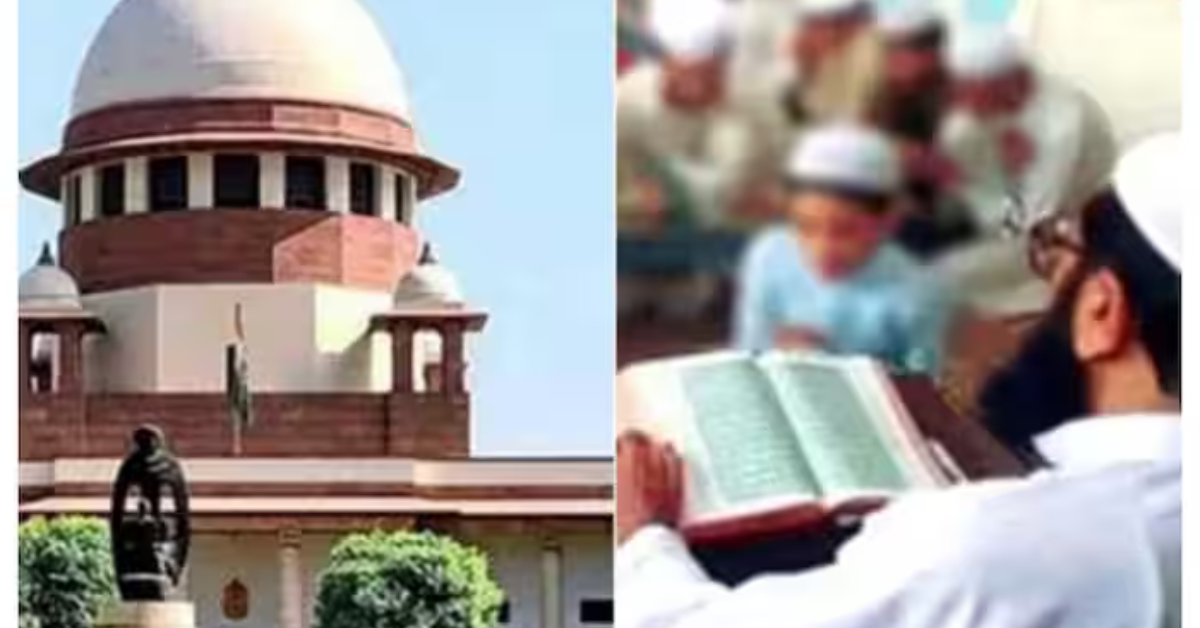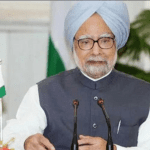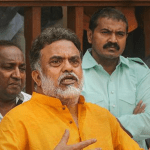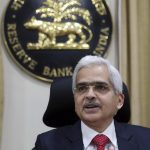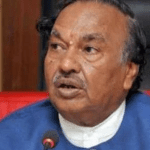The Supreme Court of India has intervened in a recent decision by the Allahabad High Court, staying its ruling that declared the Uttar Pradesh Board of Madarsa Education Act, 2004 unconstitutional. This move effectively halts the High Court’s directive to accommodate 17 lakh students and 10,000 teachers from madrasas into the state education system.
Supreme Court’s Decision
A bench comprising Chief Justice of India (CJI) DY Chandrachud, along with Justices JB Pardiwala and Manoj Misra, issued the stay order, expressing concerns that the High Court’s views on the matter seemed, prima facie, incorrect. The Supreme Court emphasized that the Madarasa Board’s purpose is regulatory and does not inherently breach secularism. It disagreed with the High Court’s interpretation, stating that the establishment of the Board should not be conflated with the secular nature of madrasa education. As a result, the Supreme Court ruled to suspend the High Court’s judgment.
Impact on Education
The Supreme Court highlighted the potential repercussions of implementing the High Court’s directives, noting that it would significantly affect the education trajectory of around 17 lakh students. By staying the judgment, the Court aims to prevent any immediate disruption to the education system and provide clarity on the regulatory framework governing madrasas in Uttar Pradesh.
Background of the Case
The Allahabad High Court had previously declared the Uttar Pradesh Board of Madarsa Education Act, 2004 unconstitutional, citing violations of the principle of secularism. It directed the government to integrate madrasa students into the formal education system. However, the Supreme Court’s intervention now puts a temporary halt to these directives, pending further review and deliberation.
The Supreme Court’s decision to stay the Allahabad High Court’s ruling on the Madrasa Education Act brings temporary relief to the regulatory framework governing madrasas in Uttar Pradesh. By issuing the stay order, the Court aims to address concerns regarding the interpretation of secularism and the regulatory authority of the Madarasa Board. Moving forward, the case will undergo further examination to determine the appropriate course of action regarding the integration of madrasa students into the formal education system while upholding constitutional principles.
